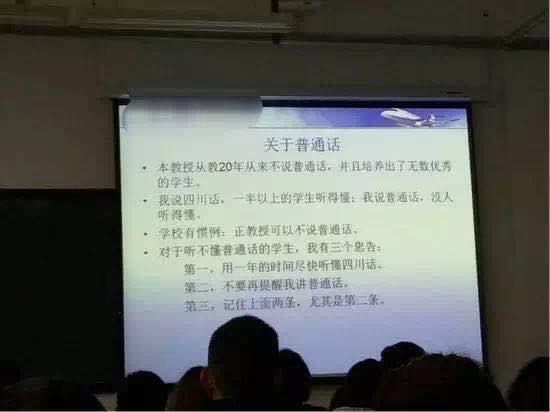Epic eye-roll
Everybody's talking about the eye-roll of the century, the eye-roll that has gone wildly viral in China. It's undoubtedly the most exciting thing that happened at the Two Sessions of the National People's Congress (NPC) that began on March 5 and will most likely end soon. It was a foregone conclusion that President Xi Jinping would be crowned de facto Emperor for Life and that his "thought" would be enshrined in the constitution. What was not expected was a brief but epochal roll of the eyes on the part of one female reporter, Liang Xiangyi 梁相宜 (dressed in blue — I'll call her Ms. Blue or [Ms.] Liang), when another female reporter, Zhang Huijun 张慧君 (dressed in red — I'll call her Ms. Red or [Ms.] Zhang), went on too long and too effusively with her fawning question to a high-ranking CCP official.
You see, everything at the NPC is supposed to be scripted and orchestrated. There aren't supposed to be any surprises. Yet, as you can see for yourself, Ms. Liang could not hide her true emotions, which are painfully evident at 0:36 in the following 0:44 video — with an increasingly dramatic buildup to the moment of her monumental recoil:
https://www.youtube.com/watch?v=iHsH0WtyFMA
Read the rest of this entry »

